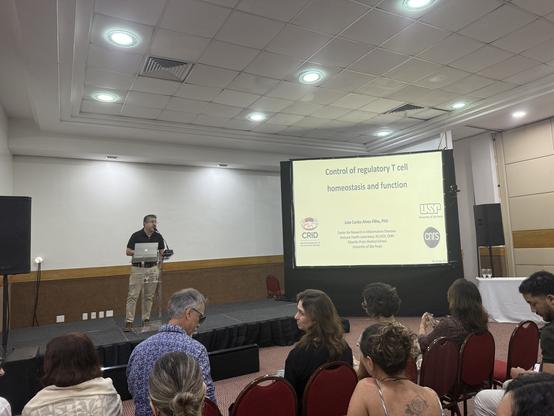"microbiota-dependent immune tolerance mechanisms that promote fetal development."
Why do Tregs accumulate within tumors? What antigen do they recognize, is it a self antigen, a neoantigen, or a cryptic antigen? Without determining the antigen specificity of these Tregs, we are basically going in circles without advancing.
#science
#immunology
#tumor
#Tregs
https://www.preprintclub.com/preprint-reviews/2025-nov-chaib
**Công thức mới giúp tạo tế bàoGuardian vor すべて sièges tự nhiễmquen - Tăng cơ hội th edo hiệu trị bệnh tự cảm**
Công学家 Sakaguchi dẫn công thức mới tạo tế bào Treg (tractor düzen) nhiều hơn và bền vững để điều gián hệ miễn dịch. Nghiên cứu trên chuột và tế bào từ người đã cónhuفية. Có tiềm năng thílioсут đặc bản cho scheme điều trị. #Autoimmune #Tregs #Health #CôngThứcMới #BệnhTựCực #Y học })
13. In summary: tolerance to self is a fixed, static system established at birth. It does not change dynamically during an individual’s life.
#immunology
#tolerance
#selfnonself
#science
#theory
#Foxp3
#Tregs
Why T Cell Tolerance Is Fixed from Birth
1. Unlike the innate immune system, which uses receptors to discriminate self from nonself based on biochemical features of the ligand (like LPS, foreign DNA, or foreign RNA)
5/ Tellingly, even Shevach himself later made a U-turn, now arguing suppression is antigen-specific.
Another study using auxin-inducible #Foxp3 degradation just after Rudensky lab’s preprint. Curious overlap. Parallel thinking or a race to publish? 🧬👀






